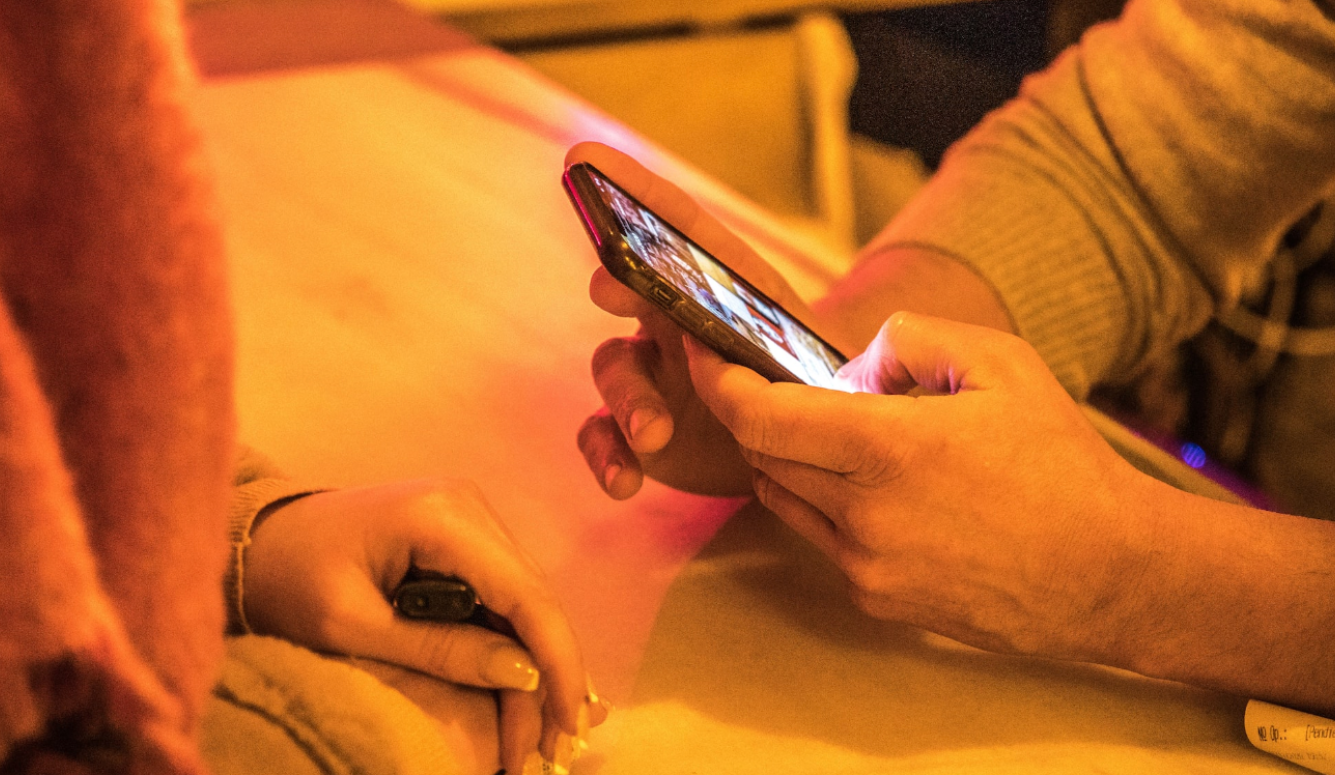Dating
Are We Dating the Same Guy?
Women create whisper networks to keep themselves safe from antisocial male behaviour. But unfortunately, such networks can be highjacked by our antisocial female peers.

I was recently alerted to the existence of a rapidly growing Facebook group for women, called “Are We Dating the Same Guy?” There are subgroups for numerous cities, Vancouver included. In June 2023, the Vancouver group had, if I recall correctly, nearly 50,000 members. It was shut down following a campaign led by local men, who wanted to have the group’s entire postings scrubbed from the Internet.
It's back though. This time, the group is approaching 30,000 female members. The moderators are trying to prevent another ban by implementing a member vetting process and strict rules. I was in the old group, and I am in the latest iteration, too.
At first glance, the premise seems reasonable: You post a photo of the man you are dating, with his first name (no surnames are allowed) and other women can say if they are dating him, or if they’ve recently seen or chatted with him on a dating app. It’s a simple way for women to find out if they are being lied to or cheated on. But that’s not the only thing these groups are used for. Far from it.
Other uses include making accusations of domestic violence and rape (whether supported by screenshots of court records or entirely unproven); making unproven accusations that people have sexually transmitted infections; asking if recently separated spouses are using dating apps; posting screenshots of private text conversations; posting photos of men and soliciting “tea” (gossip) or “red flags”; sharing catfish accounts; and discussing dating culture in general.
I fully support women who want to gather and share credible information that will keep them safe from sexual predators and disease—but it is vital that this information is indeed credible. Unfortunately, people—including women—are prone to lying about these things. I know a few people who have lied about such things or have been the target of lies. You may recall both the “Galloway Affair” and the “Shitty Media Men List”: two scandals that highlighted overreach in the #MeToo movement and provoked justifiable ire. The former involved women lying about sexual assault; the latter was a list of anonymous accusations of sexual misconduct. Both destroyed men’s careers and resulted in multiple defamation lawsuits, some of which are still ongoing.

“Are We Dating the Same Guy?” groups provide a platform for people who have no qualms about destroying someone’s life via deceitful, anonymous claims. These groups will no doubt eventually disappear for this reason alone: They are a legal time bomb. Though there is a group rule against sharing screenshots or discussing the specifics of anything posted, numerous posts reveal that members are doing just that. When group members see male friends or relatives under attack, they often spill the beans. In Vancouver, men have created a retaliatory “Are We Dating the Same Girl?” group that I’m told (by male friends who are in the group) is largely used to share leaked screenshots from the women’s group.
The different ways in which the two groups operate—the men’s group is used to safeguard men’s reputations, while the women’s group is a whisper network used to share men’s alleged misdeeds—highlight an uncomfortable truth about the difference between the sexes. When men indulge in antisocial behaviour, they tend to become violent, whereas females exhibit “relational aggression” or, in other words, they gossip about and ostracize their peers. An antisocial male might go out looking for a fist fight after a night of drinking or clubbing; an antisocial female might join an “Are We Dating the Same Guy?” group and spread malicious lies about a man she dislikes. She can even do so anonymously. And while the antisocial male’s aggression is generally limited to his immediate physical surroundings, the antisocial female’s aggression can operate on a much wider scale: her posts can reach tens of thousands of eyeballs within seconds.
The obvious flipside to this is that women are at much greater risk of physical harm by men than vice versa. Men commit the vast majority of violent and sexual crimes. It makes sense that women create whisper networks to keep themselves safe from antisocial male behaviour. But unfortunately, such networks can be highjacked by our antisocial female peers. I don’t know what the solution to this problem is, given that, in today’s online dating world, it is now commonplace for women to meet men from outside their immediate social networks. They can therefore no longer expect trusted friends and relatives to vouch for potential mates. Perhaps the only way to avoid being targeted by these antisocial people—whether male or female—is to avoid online dating altogether.
Dating apps allow nefarious men and women to easily gain online access to romantic and sexual partners who know nothing about them, other than whatever trite biographical tidbits they offer in their dating profiles. We are used to warning women about the risks of meeting strange men from the internet, but we don’t tend to issue similar warnings to men. Perhaps we should.

I’ve seen men I know featured in my local “Are We Dating the Same Guy?” group. I defended one friend in the comment section. Women were sharing outdated information about him and offering hypothetical suggestions as to why he should not be trusted. None of this reflected the real-life person I know. Whether these women were antisocial, or just eager to help and not thinking about the possible impact of their words, is unclear. Many posts fall into this grey area. There are posts in which men are called out for what I perceive to be commonly accepted dating behaviours such as not being exclusive for the first few dates. I believe that some women post in these groups to salve their egos after facing hurt or rejection. They don’t realise that posts in a “private” Facebook group are not private at all, and that their words could be shared with the men they write about. This could make online dating even more dangerous for women.
This peculiar corner of the internet contains brave women, abused women, truth-telling women alongside unwise, mendacious, and even vindictive women—all united by our perfectly sensible fear of strange men. Be careful out there, ladies, both when you date online and when you spill the tea to your female peers. Neither activity is risk-free.






